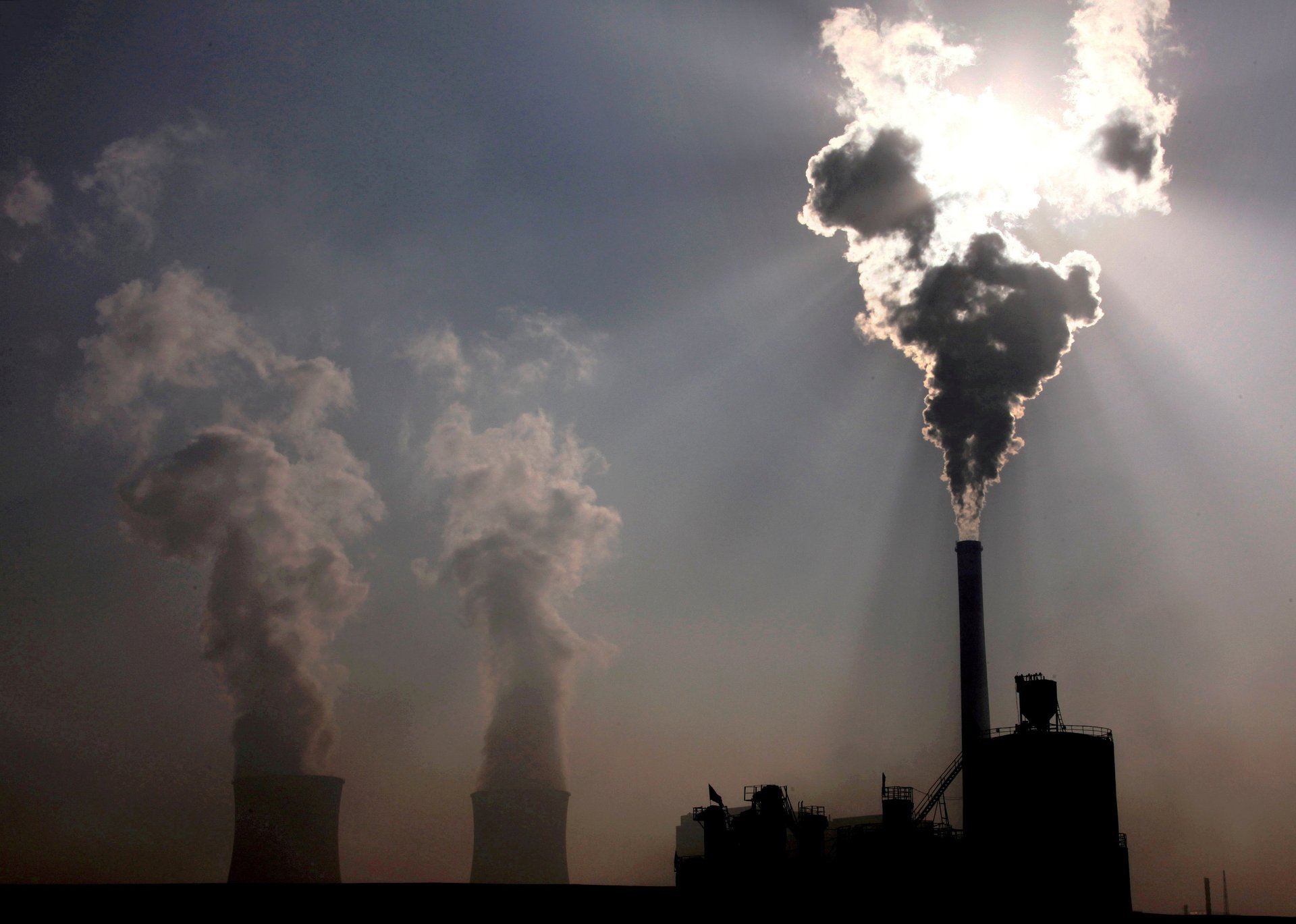China’s boycott of Australia has redirected global flows of coal
Since Beijing instituted an unofficial boycott of Australian coal last October in a major escalation of the two countries’ trade conflict, global flows of coal have undergone a major reshuffling. While Chinese imports of Australian coal have effectively dropped off to zero, imports from other countries have shot up to fill the gap. After all, coal makes up nearly 60% of China’s energy consumption, so its steady supply is critical for the country’s energy security.


Since Beijing instituted an unofficial boycott of Australian coal last October in a major escalation of the two countries’ trade conflict, global flows of coal have undergone a major reshuffling. While Chinese imports of Australian coal have effectively dropped off to zero, imports from other countries have shot up to fill the gap. After all, coal makes up nearly 60% of China’s energy consumption, so its steady supply is critical for the country’s energy security.
Australia is the world’s largest exporter of metallurgical (or coking) coal, used to make steel. Indonesia is the world’s largest exporter of thermal coal, used mainly in power plants, with Australia following in second. Meanwhile, China is by far the world’s largest importer of coal, followed by India and Japan.
Two of the biggest winners from the disruptive boycott are India and Indonesia.
As Australian exports of metallurgical coal to China plummeted, India stepped in to snap up Australia’s supplies, according to data from commodities tracking firm Kpler. Those purchases have been made cheaper in light of the Chinese boycott, according to analysts.
India also increased its purchases of Australian thermal coal. In April, India bought a record amount of thermal coal from Australia, helped in part by more attractive prices compared to a similar grade of coal from South Africa, according to commodities pricing firm Argus Media.
Besides India, South Korea and Taiwan also helped to partially offset the decline in Australia thermal coal exports to China. Australia also sent more thermal coal to Japan, with exports increasing over 60% from 4.96 Mt in October to 7.98 Mt in January, according to data from Kpler. The increased purchases from Japan, South Korea, and Taiwan are related to recoveries in industrial activity (pdf) following nationwide pandemic shutdowns in the first half of 2020.
Meanwhile, China has turned to other major producers to satisfy its coal appetite even as it continues to spurn Australia. Here, the winners have been the US, Canada, and Russia, who are able to provide high quality metallurgical coal for steelmaking. However, China has had to pay higher prices for US coking coal, in addition to higher shipping costs given the longer distance.
Imports of both coking and thermal coal from Russia have jumped, too, as Moscow aims to expand its market share in Asia. Already, Russia is ramping up coal production and pouring billions of dollars into upgrading railroads to transport coal to its ports in the far east.
China’s goal of being carbon-neutral by 2060 means it will eventually be forced to cut its coal habit. But as a senior official at the Chinese state planning agency put it, the country currently has “no other choice” but to rely on coal as a reliable power source. Meanwhile, China’s ban on Australian coal may last “much longer” (paywall) than initially expected, according to energy consultancy Wood Mackenzie, while Goldman Sachs reckons the ban may even stay in place for years.
Until other sources of energy, including renewables, comprise greater shares of the country’s total energy consumption, China will remain a major importer of coal—and any trade disruptions it causes will ripple throughout the global coal industry.